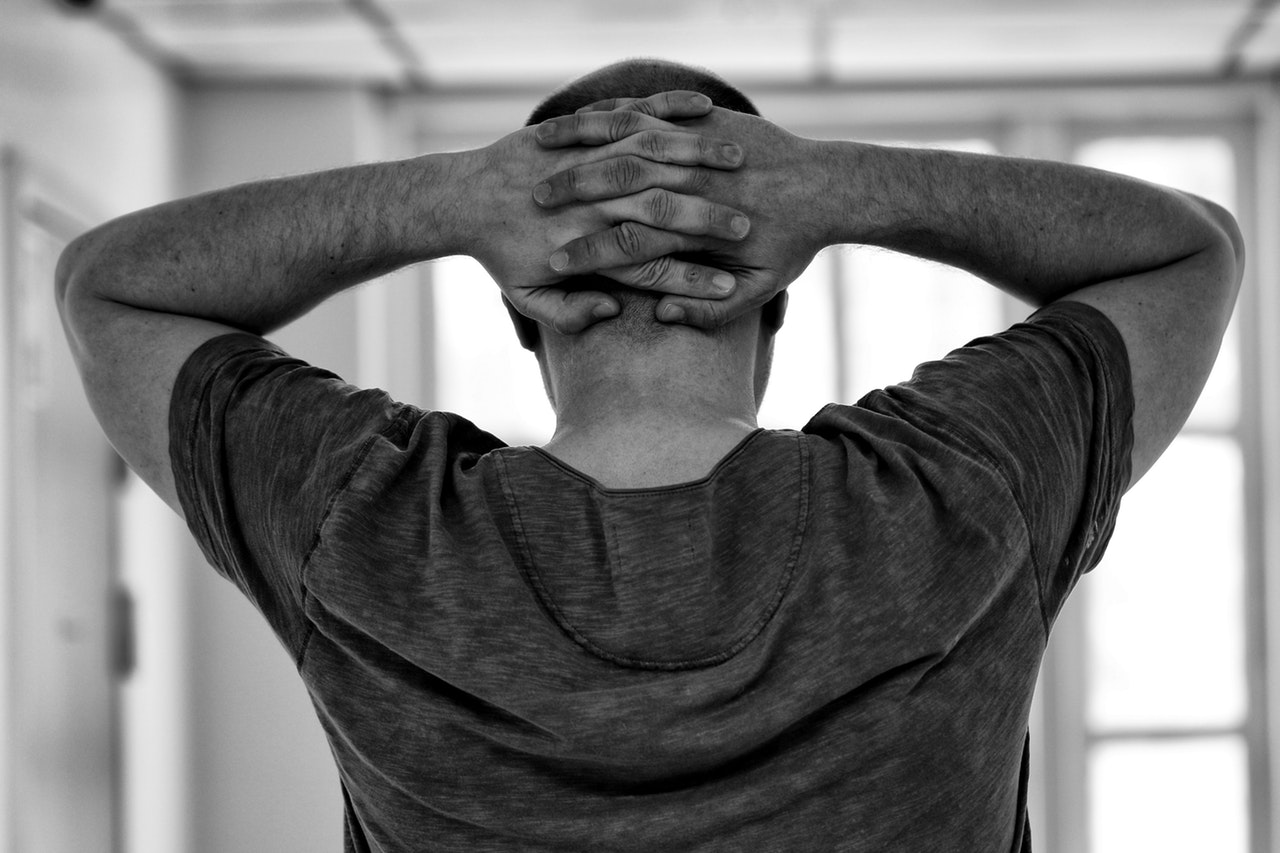Today I want to address a few disorders that fall under the general term of anxiety. Anxiety is a normal reaction to certain stresses in our lives. When we have an upcoming speech, or about to take a test, we feel anxious. But when anxiety is prolonged and interferes with our daily responsibilities and ability to be happy, anxiety requires intervention.
Symptoms
There are a wide range of signs and symptoms of anxiety. Here is a list of the five most common ones:
- Feeling nervous or restless.
- Unexplained feelings of danger or impending doom.
- Sleep difficulties like falling asleep or restless sleep.
- Difficulty in concentrating.
- A constant focus on negative thoughts.
If these symptoms continue, or get worse, then we have moved from “natural” anxiety to a serious condition requiring treatment. If left untreated, it can become debilitating. The first step is understanding the cause.
Causes
There are many factors that can lead to anxiety. Brain chemistry can be a factor, and some studies suggest a genetic component. But external factors also play a significant role. Outside stresses from work, relationships, and even a traumatic event, can bring on the symptoms of anxiety.
As with any condition brought about by multiple factors, it can be very difficult to figure this out on our own. The best way to uncover the cause(s) is to discuss this with a professional.
Dangers and risks
Anxiety can lead to greater stress, and greater stress leads to anxiety and other mental conditions such as depression. It is like a never-ending downward spiral. And prolonged stress can cause physical harm.
Many studies suggest that stress is a leading factor in many physical illnesses like heart disease and high blood pressure (hypertension). Anxiety can lead to the abuse of drugs and alcohol, in an attempt to suppress the negative feelings that arise out of anxiety.
Self-Help
While unrelenting anxiety can be overwhelming, here are three things to try:
- Start an exercise program. Keep it simple but keep it consistent. Aerobic exercises can be the most helpful. Try a simple 20 minute walk each day.
- Cut back on caffeine. If your daily routine is multiple cups of coffee, try cutting it in half.
- Improve your sleep. Difficult when anxious, but any increase in healthy sleep will reduce your anxiety.
Life is difficult enough without adding the burden of incessant anxiety. The good news is there are many effective treatments for this disorder. Don’t wait. Talk to a mental healthcare professional near Spokane WA., where you can begin your healing today. Reach out to Damaris through her contact page or calling 509-342-6592.






